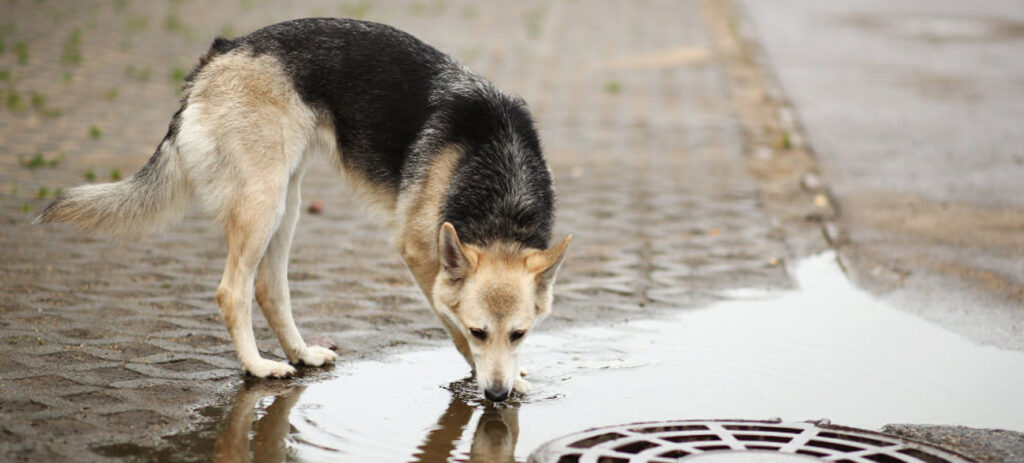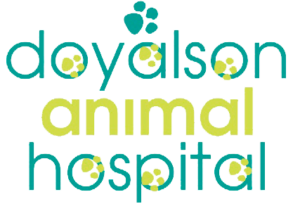
Leptospirosis Vaccinations
Leptosporosis is a zoonotic bacterial disease, which means it affects both animals and humans.
Dogs are commonly affected, particularly if they have frequent contact with farm animals, rodents, wild animals or water sources.
Often water, soil or mud contaminated with urine from infected animals is the most common cause of transmission. Infection can occur through a bite from an infected animal or through consumption of an infected carcass.
Leptosporosis may cause a range of symptoms in both animals and humans, or possibly none at all. Without treatment, it can cause kidney damage, liver failure, meningitis, respiratory distress and even death in some cases.
The Australian Veterinary Association classes leptosporosis as a “non-core” vaccine, meaning it is recommended only in situations where there is a potential risk of infection. This will depend on the environment and lifestyle of your dog, and at times your geographical location (eg: if there is an outbreak in the area). In mid 2019 there was a small outbreak of leptosporosis in inner-city Sydney which was thought to have been spread by rats. There have been no reported cases on the Central Coast or Newcastle in recent times.
However if your dog is regularly travelling with you to inner-city Sydney, engages in activites where they are mixing with wild animals (eg: pigging dogs) or frequenting outdoor water sources which other animals are having contact with, then the risk increases.
– vaccination
– prevent your dog from playing in stagnant water or urinating in or nearby stagnant water
– prevent contact with rodents
If the leptospirosis vaccination is given at the same time as your dog’s annual health check and core vaccinations, then there is only and additional $15 fee. They will need a second vaccination 4 weeks later which can be given by a nurse at a cost of $25.


